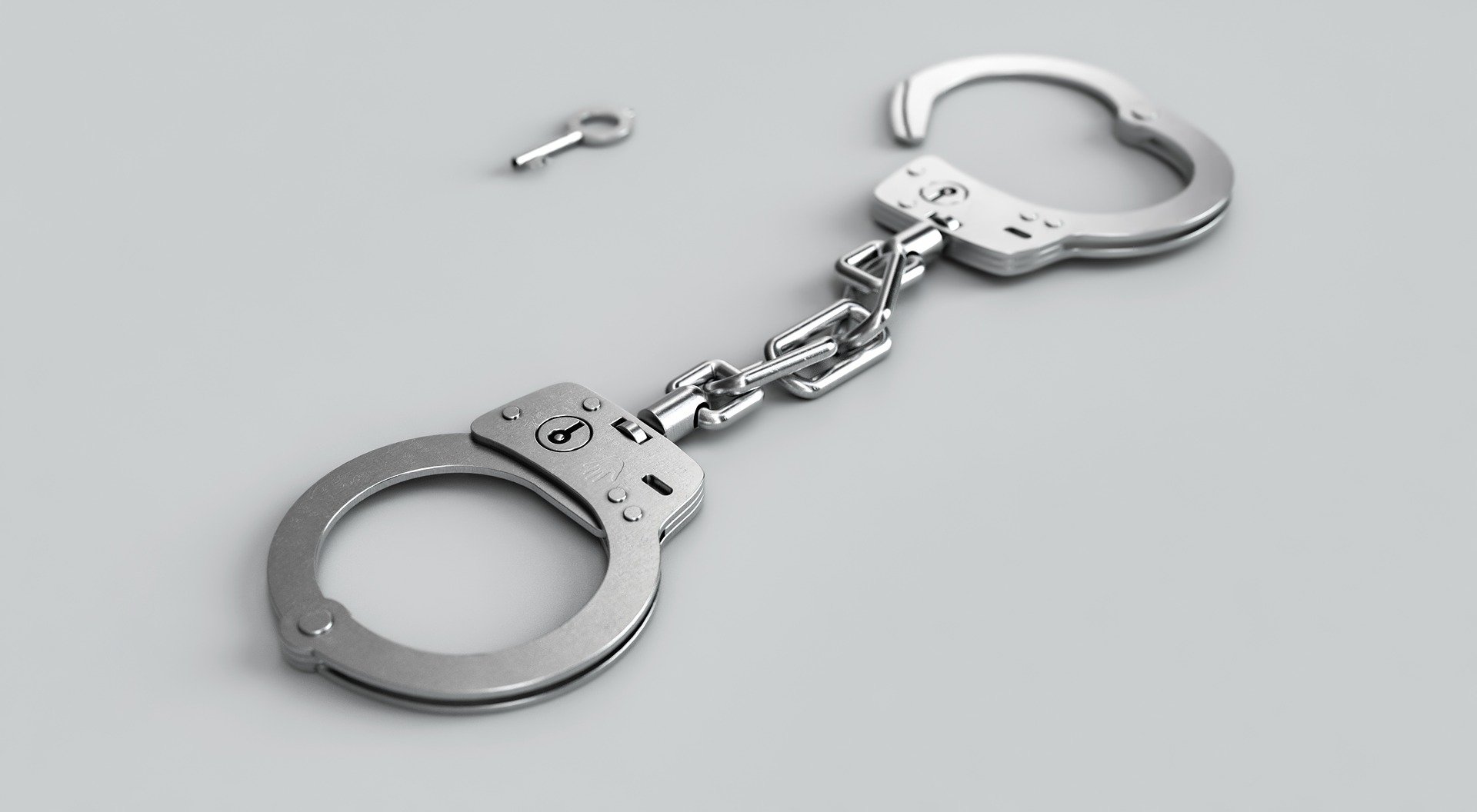
Most Arrests Are For Non-Violent Charges

Is over-policing a problem? That’s the subject of a recent article in The Intercept, which uses data from a Vera Institute of Justice study about arrest records in the US. The study compiled government and police data, then analyzed the types of arrests and any patterns since 1980.
What does the study data say?
First, the study concluded that police self-report their data, which makes it incomplete by nature. After acknowledging that fact, the institute combined the available resources to analyze records of more than 10.5 million arrests every year.
The numbers rise and fall somewhat in relation to the overall crime rate, but not in true parallel. According to the study, when violent crime decreases more arrests are made for non-violent and less severe crimes. The study concludes that low-level offenses make up the bulk of all arrests. Meanwhile, police solve very few of those cases.
Citing a local example
Just recently, Baltimore State’s Attorney Marilyn Mosby announced that she will only prosecute marijuana cases with a clear intent to distribute the drug, instead of pursuing possession charges. Her rationale is that the city’s homicide rate is on the rise while police spend unnecessary resources on lower-level offenses like marijuana possession.
Ms. Mosby’s announcement fits perfectly with one of the Vera Institute’s main arguments: that over-policing is not making the streets any safer. Instead, low-level arrests give citizens criminal records that limit their opportunities, while more serious crimes go unsolved.
Protecting your record
A criminal offense, whether it is for possession of marijuana, disorderly conduct or anything else, carries a social stigma and a real uphill battle to clear your reputation. A criminal record can limit housing options, loan applications, job prospects, child custody decisions and more. It’s never a pay your dues, then return to normal life situation.
An arrest leaves a scar that will influence how others see you. Anyone facing criminal charges should consult with an attorney to explore your options, whether that means getting the charges dropped, reduced or finding another agreement that minimizes its impact on your future.












